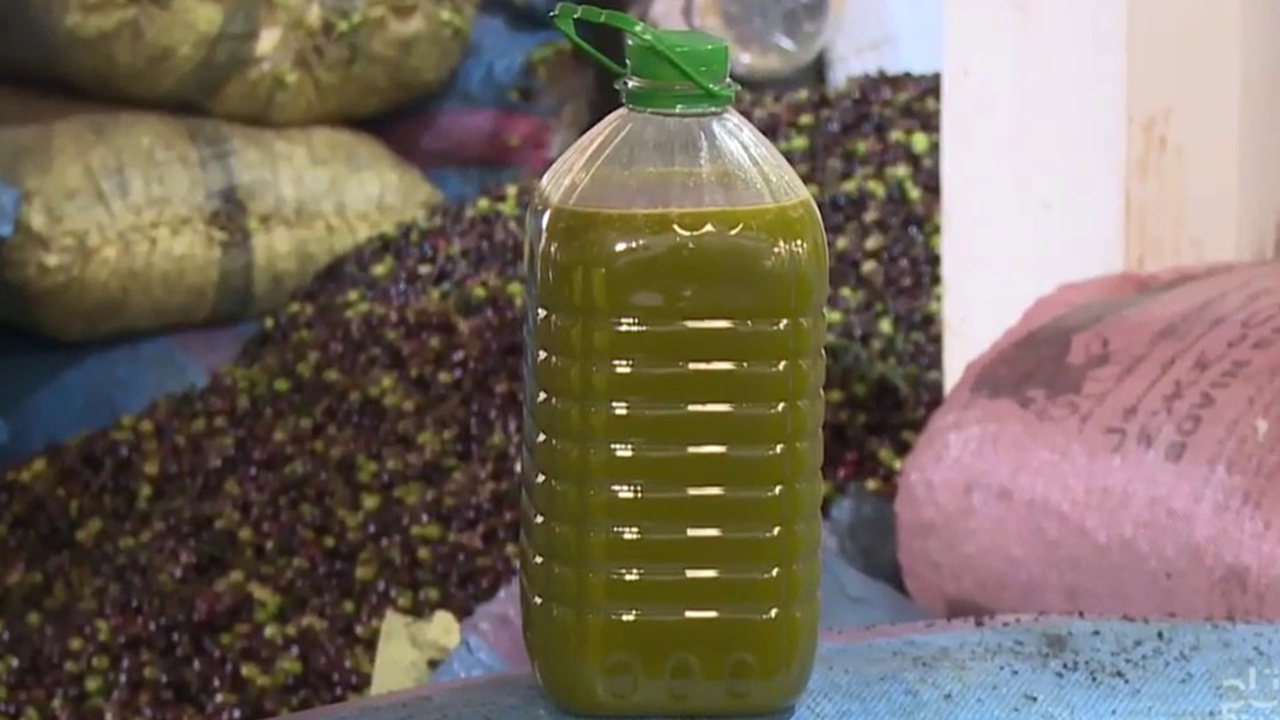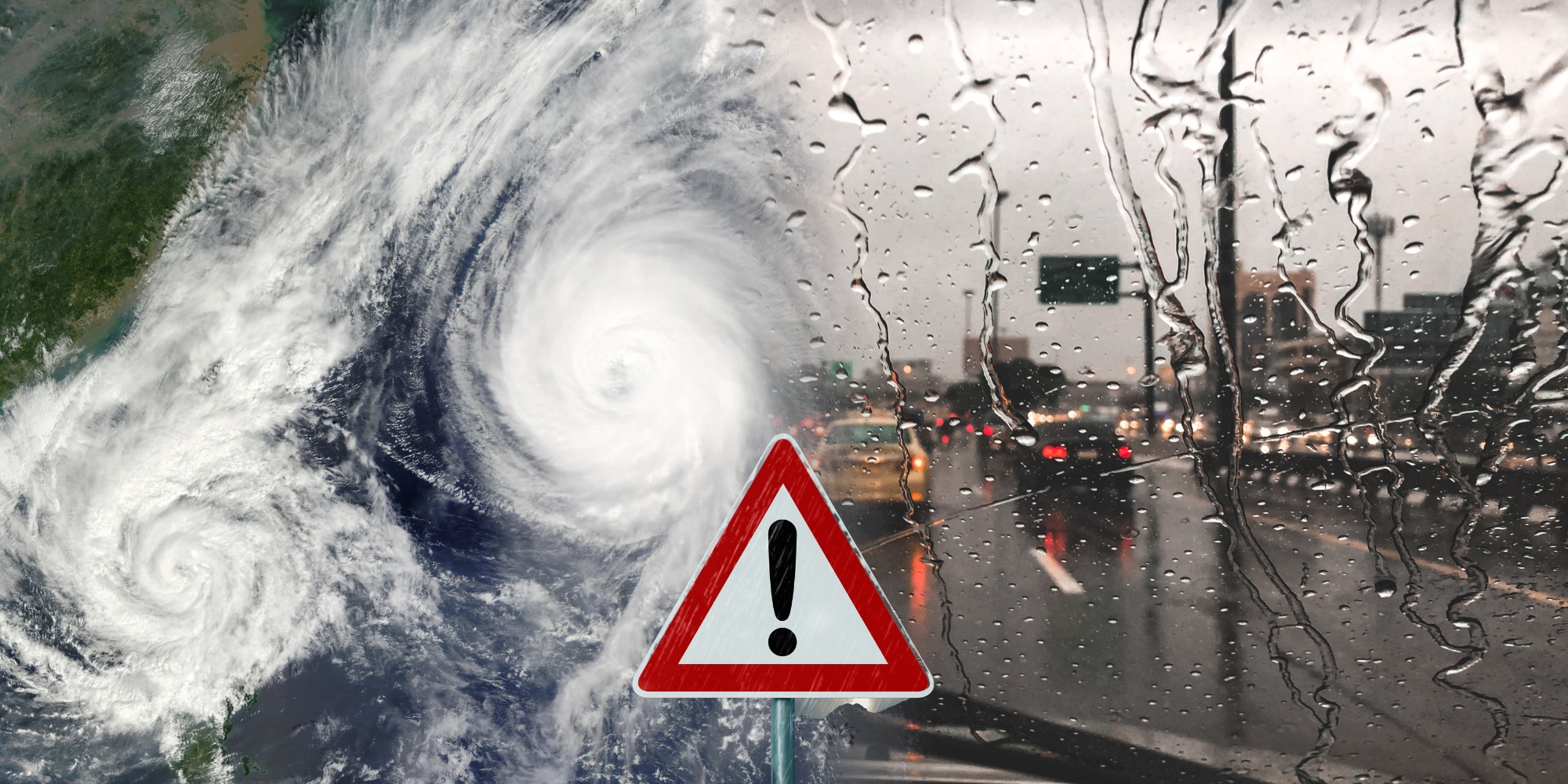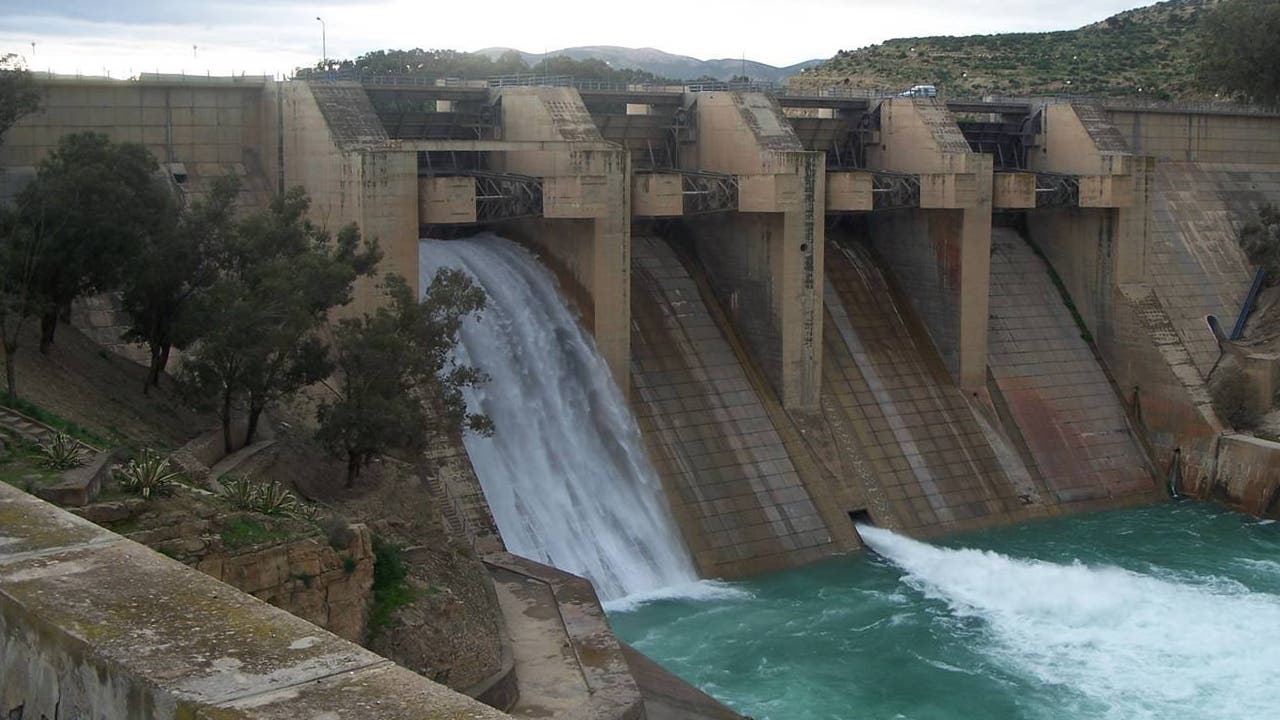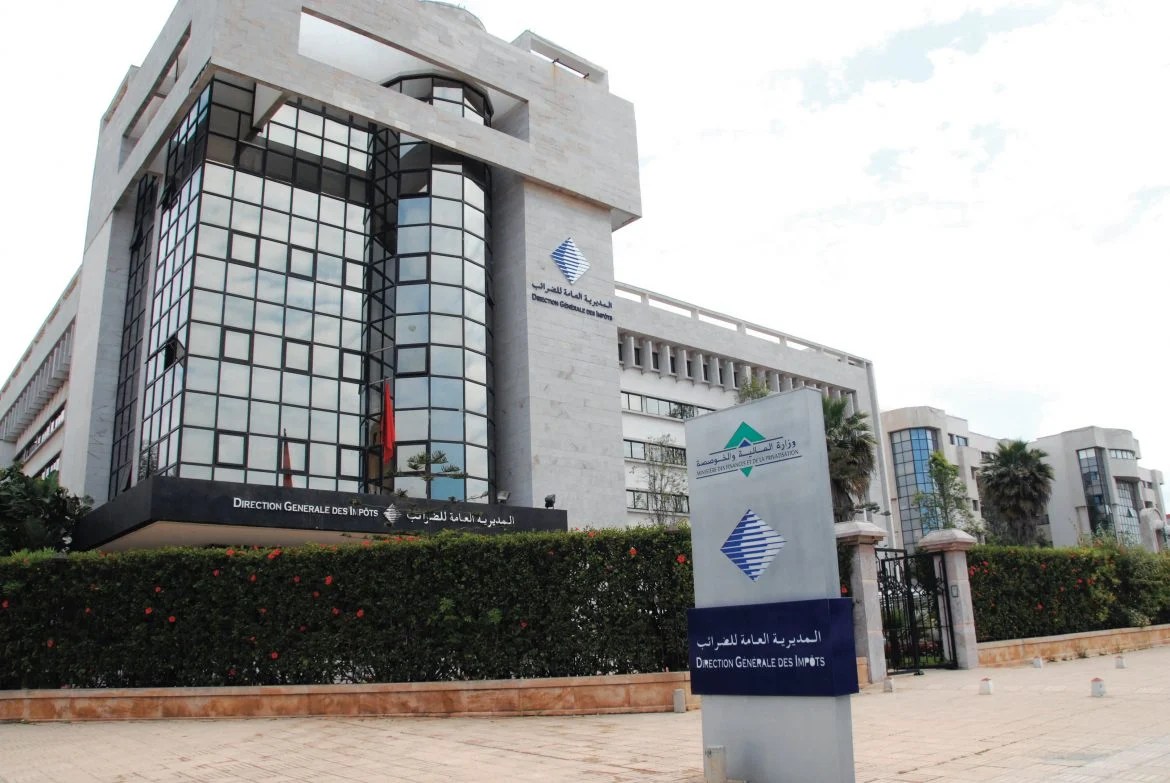Controversy around Moroccan exports of olive oil to Europe

The recent data of the European Commission on Moroccan exports of olive oil have aroused a keen debate among consumers. While the prices of this commodity are experiencing a significant increase in the local market, many Moroccans express their concern in the face of the impact of exports on the national supply.
According to the commission report, Morocco exported 841 tonnes of olive oil in October and November 2023, while olive exports were 12,000 tonnes between September and November. These figures have fueled criticism on social networks, some recalling that the government had announced export restrictions to preserve the balance of the local market.
However, professionals in the sector judge these concerns unfounded. Rashid Benali, president of the Moroccan interprofessional federation of the Olive, believes that the exported volume remains marginal. “The restrictions concern shipments over 30,000 tonnes. However, we have exported less than 1,000 tonnes in recent months, an insignificant level compared to previous years, ”he explains.
Benali stresses that Morocco remains an essential player on the international market and that producers are continuing their efforts to strengthen their presence abroad, especially in Europe. “The contracts signed with importers must be respected, which involves ensuring agreed deliveries,” he adds.
Regarding the impact on the local market, Benali specifies that exported oils correspond mainly to varieties that are not very consumed in Morocco and marketed at higher prices. “The sending of 1,000 or 2,000 tonnes of an oil little prized by Moroccans has no major effect on local supply and demand,” he said.
In parallel, to stabilize the market, Morocco opened the import of 10,000 tonnes of olive oil last December, followed by an additional 20,000 tonnes in early 2024. The country imported annually between 10,000 and 20,000 tonnes of olive oil, mainly from Tunisia, Turkey and Spain.
In addition, the former Minister of Agriculture, Mohamed Sadiki, recalled that national olive production has dropped by 50 % compared to historical averages since 2001. The government has therefore reduced import formalities and reduces customs duties to guarantee regular supply.
If Morocco seeks to strengthen its positioning on the international market, the challenge remains to maintain a balance between exports and the needs of local consumers, in a context of prices tensions.
COPY URL URL Copied




